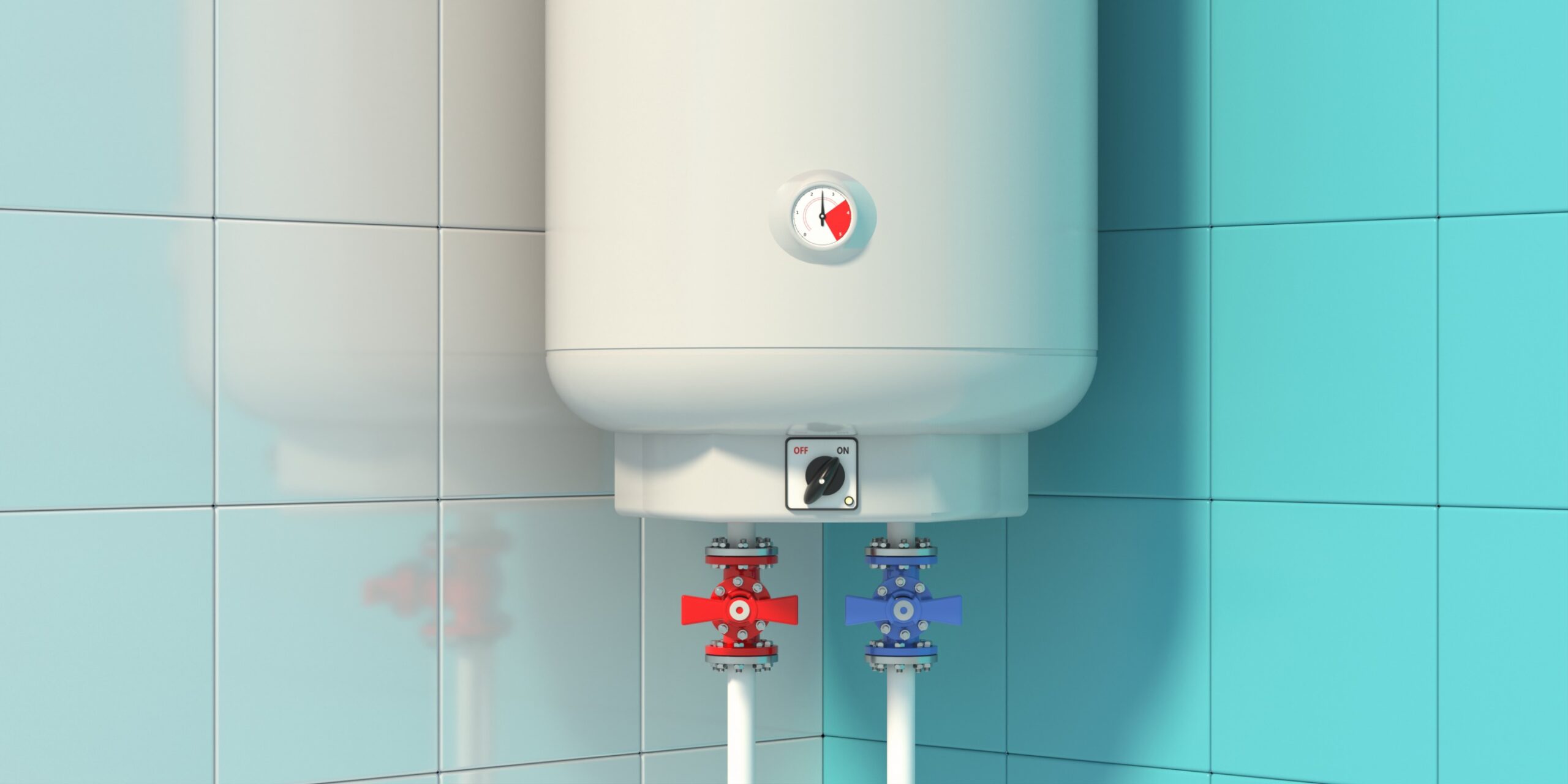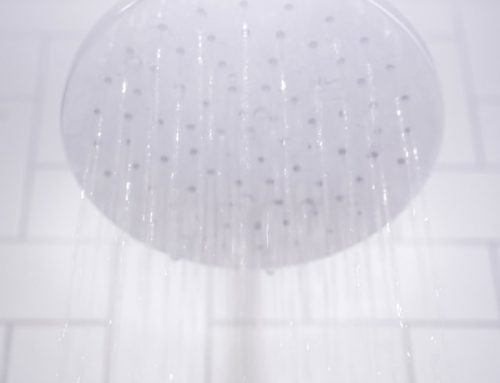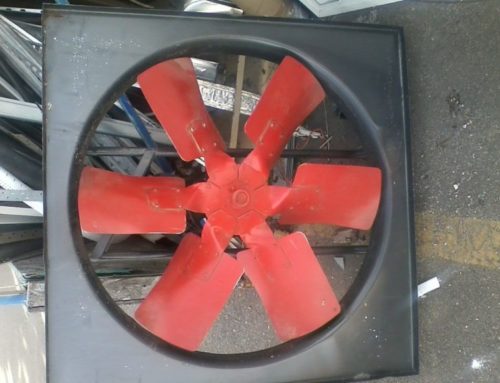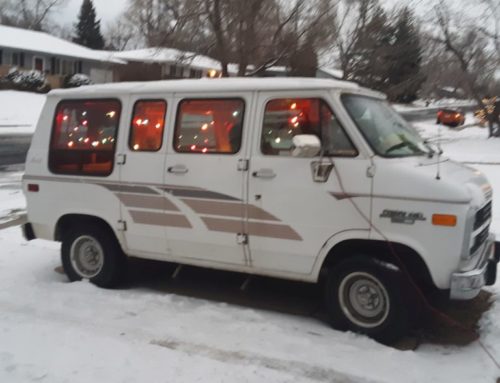Water Heaters!!
Most water heaters die right around 10 – 12 years. For properties with unusual water heaters, such as electric (vs. gas), I recommend pre-emptively replacing a water heater if it has the potential to do damage to units below or other areas if it were to leak. Most water heaters start leaking a little bit before they completely cease to function. Renters can be instructed to check on the water heater periodically, but it’s not a guarantee that they will notice a dying water heater in time before it starts leaking badly. Or becomes in urgent need of repair.
Renters expect not to be without hot water for more than a few days, so when replacement is needed it’s usually done in crisis and in a rush. That’s why I recommend foreseeing any challenges in getting a water heater on short notice and planning ahead.
In my experience for the last 13 years, tank water heaters rarely have issues during their lifespan. But when they do it can be a hassle. I recently had a 3 year old Frigidaire water heater that needed a new part. I called the company to order it and even though I had the model number of the unit they insisted that they also needed its serial number. So I had to go back to the house to get the info.
The next time a single family property I manage needs a new water heater I’m going to see if the client will consider a tankless water heater. They are smaller, and much much much more energy efficient.
Which brings me to a topic for a future blog: the conflict for a landlord in regard to spending money on energy-saving things because the tenants, not the landlord, reap the financial benefit of the improvement. So basically, I have to hope that my clients just want to be good world citizens. Here’s hoping : )















